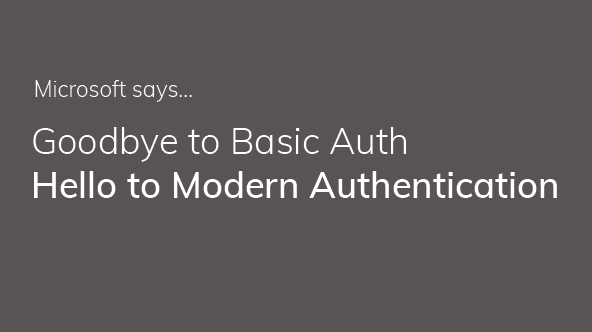As we close out Cyber Awareness month we wanted to give you an inside look into the mind of a hacker. We’ve outlined the 3 techniques that hackers don’t want you to know and how QSG can keep your data secure. Want to see more inside a hacker’s mind? Stay tuned as we’ll dive deeper into more tricks they use to exploit your data in future blog articles.
1. Hackers count on you using the same password
When you use the same password for every site it only takes one vulnerability for hackers to capture your password and test it across the web.
QSG Solution: We always recommend using a different password for your web accounts, especially if they contain highly confidential information such as banking, insurance, and email websites. We have a variety of tools that can securely store your passwords that you may otherwise forget, and can also give you the ability to send passwords via encrypted emails adding another layer of protection.
2. Hackers can send incredibly personal emails
Phishing campaigns are some of the most common and highly targeted methods that hackers use to trick you into sharing your passwords, financial information, or other secure data. Phishing emails look like they are coming from legitimate sources, often calling you by your name and professional title, sometimes even referencing projects you are working on. They do this so you believe the email is real because they really can look real. But before you know it you accidentally provided your information to the hacker.
QSG Solution: If you’re worried about your employees or yourself falling for a phishing scam, please contact us. We can put them to the test with our phishing simulation.
3. Hackers eavesdrop on public wi-fi networks
You’ve probably seen the warnings when browsing on public networks to avoid banking or accessing personal accounts. But did you know hackers really do spy on these networks? These are called “man-in-the-middle” attacks where hackers snoop on your session between your computer and the network to get your private information.
QSG Solution: We recommend you avoid public Wi-Fi whenever possible, especially unsecured networks without passwords. If you do have to use a public network don’t visit private banking or company websites. Instead, set up your smartphone as a secure hot spot or sign up for a VPN (virtual private network) service. Our team of techs can assist you with both!


